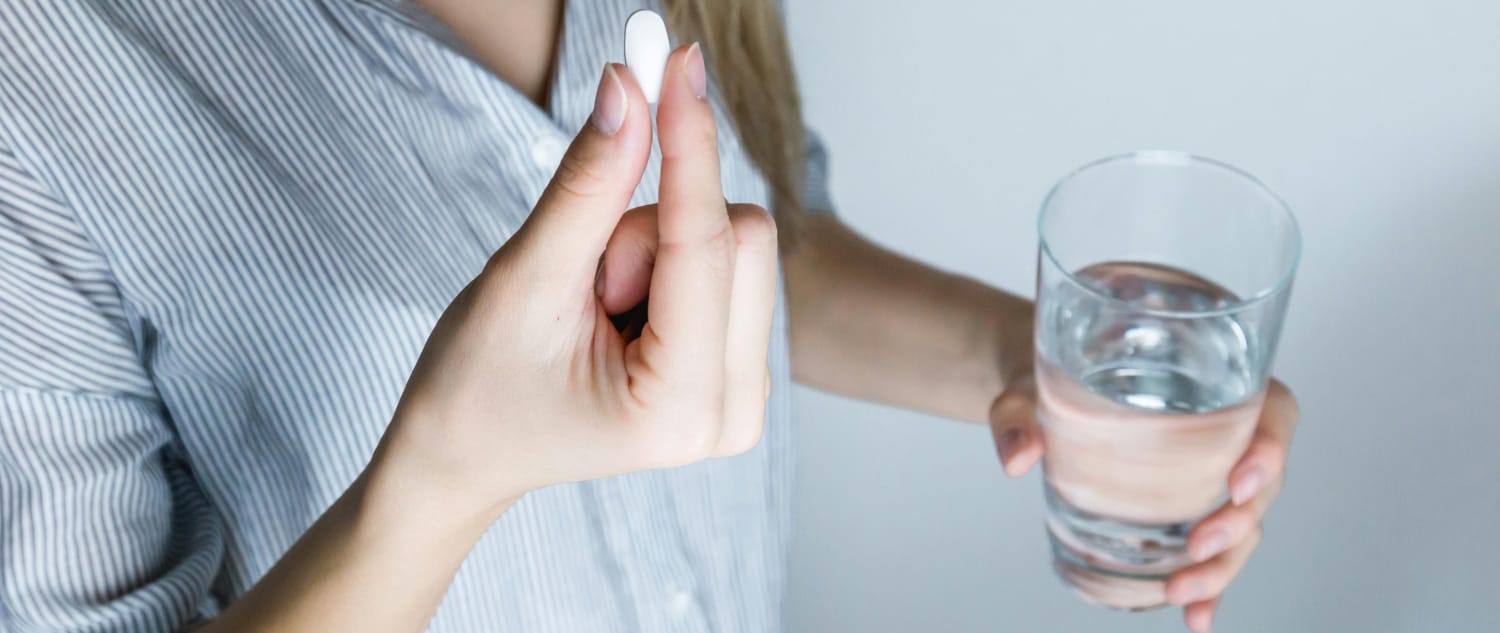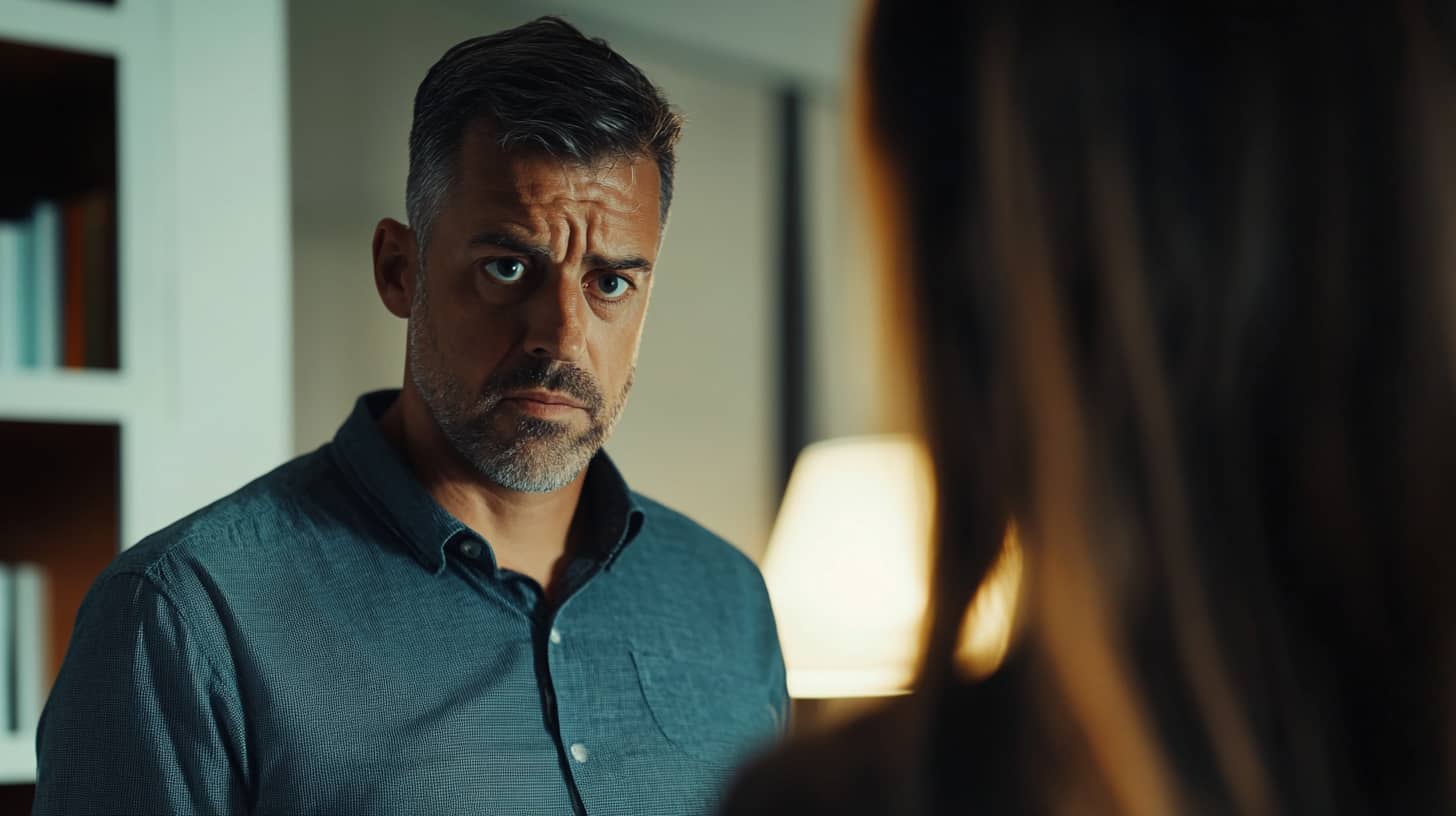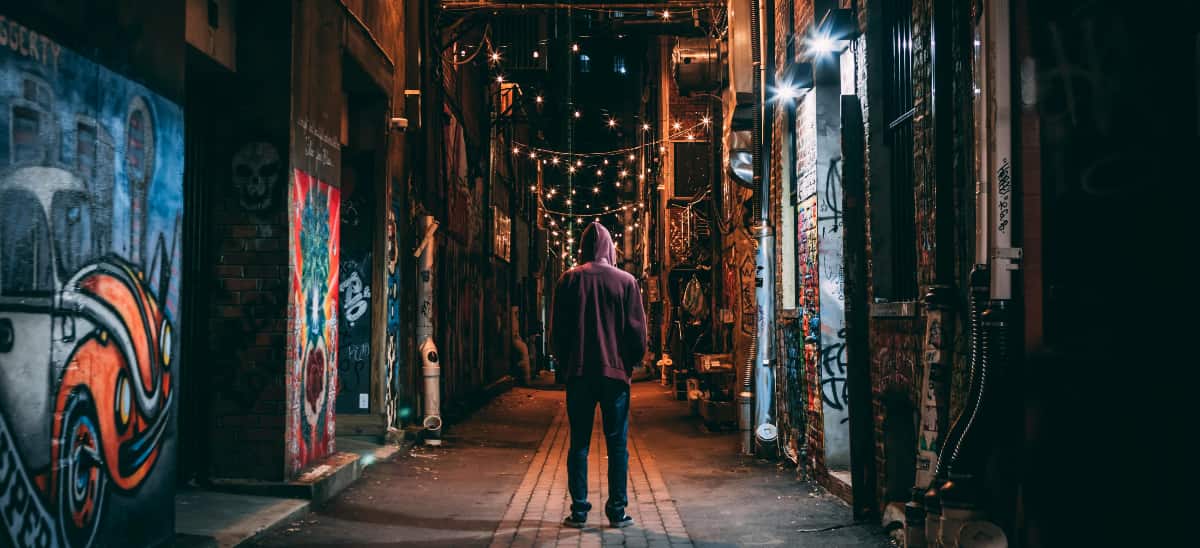If you or someone you love is struggling with mental health disorders and substance abuse disorders, it’s time to consider Rolling Hills dual diagnosis treatment. Dual diagnosis treatment provides evidence-based services to tackle the symptoms of mental health disorders and co-occurring substance abuse issues. But finding the right treatment center can be challenging.
Peninsula Health Center is a trusted Palos Verdes drug rehab center that can help. With a combination of evidence-based modalities with holistic treatment options, Peninsula Health Center ensures every client receives the best possible treatment for their needs.
Pick the Practices You Like
With dual diagnosis, Rolling Hills treatment should include evidence-based practices. However, many different types of evidence-based psychotherapy and holistic therapy are offered at different dual-diagnosis treatment centers in Rolling Hills.
You might, for example, prefer dual diagnosis Rolling Hills treatment with an emphasis on holistic practices like:
- Mindfulness
- Meditation
- Yoga
You might prefer a schedule of two individual therapy sessions per week or a specific type of psychotherapy like cognitive behavioral therapy or dialectical behavioral therapy.
Your Rolling Hills dual diagnosis treatment should fit your needs. You can call our team today to learn more about what evidence-based practices we offer and whether you think those practices would support your recovery.
Issue-Specific Care
Another key aspect to finding the right Rolling Hills dual diagnosis treatment is ensuring you would receive care and services specifically for the mental health disorders with which you struggle.
- If you are struggling with substance abuse and bipolar disorder, you want to ensure the dual diagnosis treatment centers in Rolling Hills have the capacity to provide things like medication management as an ongoing service.
- If, instead, you are struggling with PTSD and substance abuse, you might need medication-assisted treatment at a qualifying detox center as well as things like EMDR.
Don’t be afraid to ask what types of mental health disorders dual diagnosis treatment centers in Rolling Hills can treat. If you already have a diagnosis from your primary care physician, you can follow up with questions about your specific condition and what types of medication or therapy would be offered as treatment. If you don’t know what type of mental health disorder you struggle with, you can ask how they would go about assessing that and what follow-up Services would be provided.
Find the Right Schedule
Dual-diagnosis treatment centers in Rolling Hills should offer different levels of care:
Each level of care is designed to fit different schedules and client needs.
What to Expect with Rolling Hills Dual Diagnosis Treatment
Partial hospitalization programs typically provide a full day of therapy five days per week, while intensive outpatient programs typically meet a few days per week for slightly fewer hours. While some facilities provide less rigid or intensive approaches, you can expect a full-time or part-time commitment no matter where you get treatment.
Commitment
When you sign up for a partial hospitalization program or intensive outpatient program, you will experience a very structured daily schedule. You will receive a specific schedule, and you’ll have to follow that schedule precisely. This means you are responsible for staying on track, maximizing your treatment, using your skills during group sessions and evenings or weekends, and coming back each morning on time.
Sample Schedule
You can expect a sample schedule like the one below:
10:00 AM – 10:30 AM: Group therapy where you review goals
10:30 AM – 11:30 AM: Other group therapy, like yoga, mindfulness, or meditation
11:30 AM – 1:00 PM: Psychoeducational group, family, or individual therapy
1:00 PM – 2:00 PM: Lunch
2:00 PM – 3:00 PM: Individual or group therapy
You will be expected to provide your own transportation to and from the facility. Lunch is usually provided, but you are responsible for breakfast and dinner. You might receive refreshments and small breaks throughout the day, but you’ll participate in a combination of ongoing sessions while you are at the drug and alcohol rehab center.
During sessions with Peninsula Health Center, clients benefit from therapy that helps provide an understanding of mental health triggers and what can be done (like meditation, CBT tools, yoga, or medication) to manage them.
Once you are ready, you can easily transition into traditional outpatient programs where you only have a few sessions of different services, usually group therapy or support group sessions every week.
Ready for help? Call us today to tour our dual diagnosis treatment centers in Rolling Hills.






